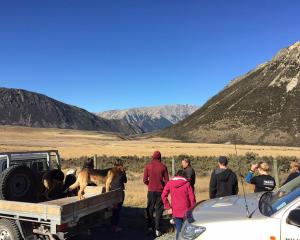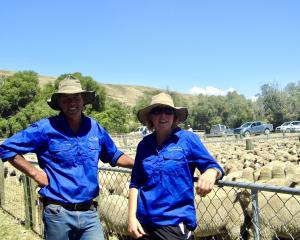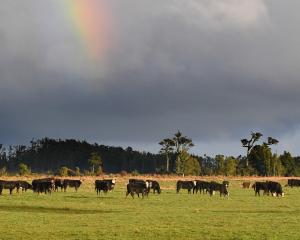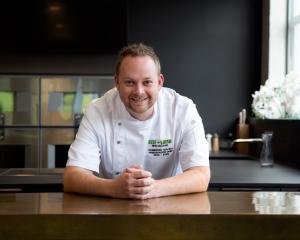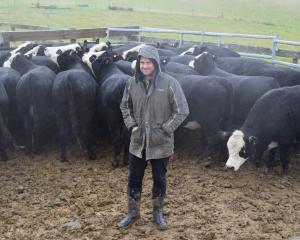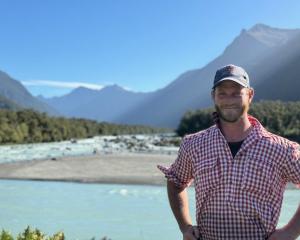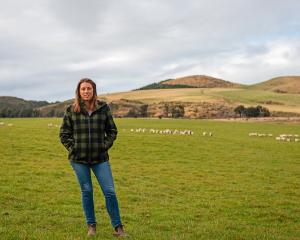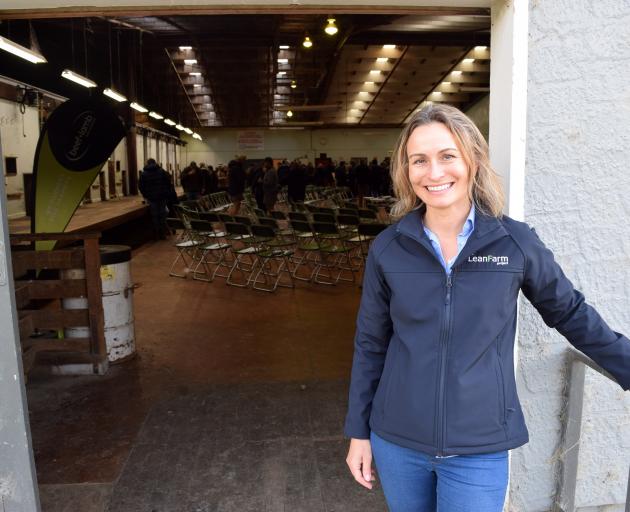
The Lean Farm Project founder Jana Hocken has been showing a different way of working to the staff of the 70,000ha sheep, beef and deer station Glenaray Station, near Waikaia.
"It is based on some very non-traditional thinking and a very different approach to running a business," Mrs Hocken said.
She shared her philosophy for the "pursuit of perfection" with 85 people in a 10-stand woolshed at a Beef + Lamb workshop at the station last week.
The approach focuses on:
- Identifying and eliminating waste.
- Doing only things that add value.
- Working smarter and not harder.
- A journey of continuous improvement — "everywhere, everyday, by everyone".
- Doing more with less through better work practices, systems and processes.
"If you have good processes and systems you can actually get a better output with less resources and effort."
She asked farmers to tell her their frustrations and challenges in their businesses.
The responses included low returns, inflated costs, interest rates and regulations.
"We think a lot of these things are variables but often there are ways around it," Mrs Hocken said.
Mrs Hocken and her husband run a dairy and beef farm near Feilding, in Manawatū.
Strategies they used to remove some variables from their business included fixing interest rates and 40% of their milk price.
"We are not in the gambling game ... we would rather have stability."
They operate their business on cashflow rather than relying on an overdraft.
"We are starting every season in a surplus. Yes, it costs us tax but we are starting the season with our own money."
Results from changes implemented on their farm include a 25% reduction in labour hours, staff having 25% more time off, a more than 12% increase in milksolid production and a 15% reduction in costs.
Their farm had been in the family since 1890 and they had a business strategy up to 2090.
"We need to start preparing our business for 2090, if we want it to be there."
For a business to be sustainable, it needed good systems and processes to be standardised and documented so they could consistently be done right, every time.
That information was often in the head of one person on a farm, she said.
"It is very risky if it is all in your head."
Any targets set and metrics to measure should be shared with staff to achieve an outcome.
Her philosophy could be applied to any business producing a product, seeking the most efficient way to convert processes and inputs to achieve desired outcomes, she said.
The aim was to produce a quality product customers wanted and to be able to deliver it, when required, at the lowest cost, Mrs Hocken said.
"It is pretty simple ... if we don’t want to do that, we are not going to be in business very long."
She asked workshop attendees to share their vision of their ideal farm business.
Awatere Station owner James Anderson said his vision was a farm which would be available to future generations of his family, rather than needing to sell it to a forestry corporation.
Glenaray Station general manager Simon Lee said his vision was to operate an efficient large-scale farm, where staff enjoyed their work, using their time to add value to the business.
Mrs Hocken said a farm needed to be profitable to remain in business.
Farmers had no control of the prices fetched for their commodities but they could control the costs in their businesses.
A cost reduction increased profit margins, she said.
The opportunities to increase efficiency and make improvements in farming in New Zealand were "massive".
"The hardest part of this is actually starting," she said.
"This is a journey, not a race — it is about small changes every day."


